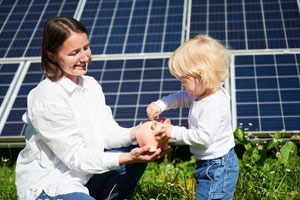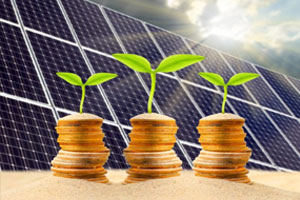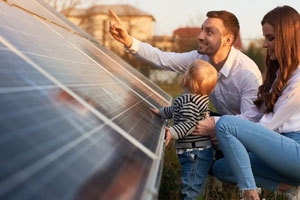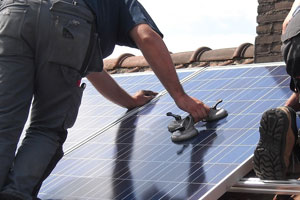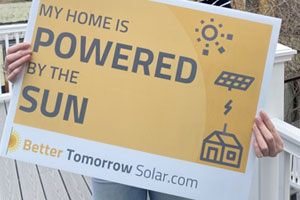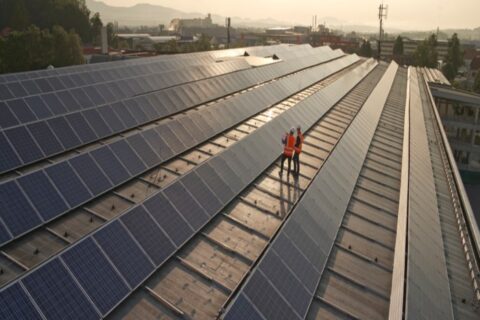Solar Energy, Wildlife, and the Environment
Renewable energy has become a global focal point as more people strive for a sustainable future, and solar energy is at the forefront of this revolution. Solar panels are increasingly being integrated into various landscapes, from residential rooftops to large-scale solar farms.
However, the effects of solar energy on the environment go beyond the well-known benefits of reducing carbon emissions. Indeed, many people are unaware of the symbiotic relationship solar energy has with the natural ecosystem. As you look closer, you’ll find fascinating, often overlooked positives of solar energy on wildlife and the environment.
Pros and Cons of Solar Energy on the Environment
It’s important to acknowledge that, like any technology, solar panels have pros and cons. No single energy source is perfect, so choosing one comes down to maximizing the benefits and minimizing the drawbacks.
On the downside, the production of solar panels involves mining, manufacturing, and transportation, which leave a carbon footprint behind. Large-scale solar farms can also confuse birds and insects with their bright, reflective surfaces. However, compared to the emissions and environmental degradation caused by fossil fuels, solar panels are significantly less harmful.
After all, solar energy is renewable, produces no greenhouse gases during operation, and utilizes an inexhaustible source—the sun. It generally takes two to five years for solar panels to generate enough clean energy to offset the processes required to create them, known as the energy-payback time (EPBT). And since solar panels last at least 25 years, they are a key player in the fight against climate change and pollution.
Furthermore, solar energy offers unique benefits for wildlife and the environment that are frequently overlooked.
Solar Energy and Positive Effects for Wildlife
Large-scale solar installations can create safe habitats for invertebrates and mammals, allowing these sites to double as thriving ecosystems. With a focus on additional efforts, like planting hedges around the perimeter or creating wetland areas in the vicinity, the protective nature of solar panels could help endangered species regain their population strength. If adopted on a wide scale, these environmental enhancements could contribute significantly to wildlife conservation efforts worldwide.
Also, consider that pollinators like bees and butterflies are integral to our food supply and biodiversity, yet their populations have been declining for years. Luckily, solar farms can provide much-needed sanctuaries for these crucial insects, granting access to protected wildflowers cultivated under the panels.
Be Part of the Solution: Go Solar Today!
For homeowners in Georgia who want to join the solar revolution, Better Tomorrow Solar can help you get there. As a mission-driven company, we aim to make solar energy affordable for everyone while also accounting for the welfare of our natural world.
Known for our outstanding customer service and quick project turnaround times, Better Tomorrow Solar is locally owned and operated right here in the South. Our goal is to make a difference, not only to your wallet but to the environment and local wildlife. We invite you to be part of the solution—contact us today for a free solar installation consultation.

